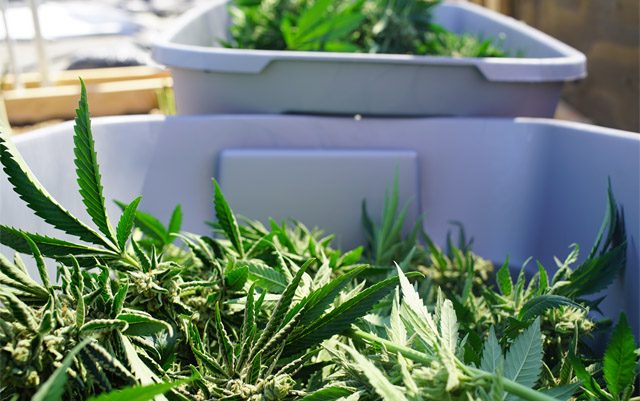The state of Nevada has had a pretty successful transition from having a medical-only marijuana program to allowing recreational sales. After almost two years with a fully legal market, the state has been working on expanding the industry, approving new licenses and considering the addition of licensed cannabis lounges.
However, with the number of applications being considered and subsequently rejected, it should come as no surprise that many of these companies want to know why they are being denied. Since the state’s licensing process is far from transparent, these businesses have taken the issue to court in the hopes of forcing the state to reveal the criteria used to determine licensing.
“Licenses that admit a select few to such a lucrative enterprise must be made in a way that is open and transparent,” said attorney Vincent Savarese, who wrote the constitutional challenge on behalf of Serenity Wellness Center and 10 other companies that were turned away.
Out of 462 applicants, there were only 61 licenses approved for new dispensaries, cultivation facilities, laboratories and production facilities. It seems obvious that there would be some sort of scoring or points system that determines who is most fit to enter the industry – but what exactly that criteria is remains a mystery. Without knowing this information, it is impossible for businesses to know why they were denied in the licensing process.
“It wasn’t done correctly and something has to be done,” said Casillas. “When you throw that many great groups [together], there’s going to be a maximum of points that everyone’s going to earn based on common sense criteria within the industry. So who’s making the decision when you max out of those points? Who is going to get the licenses? What was the criteria. That’s what we want to know.”
There have been six lawsuits filed against the state Taxation Department on behalf of dozens of different companies. On Monday, a judge in Clark County District Court will consider freezing the process of granting any new marijuana licenses temporarily while this matter is settled. The judge will also determine whether they should combine five of the cases that are currently pending against the Department of Taxation.
Between the lawsuit and pending legislation that would allow the Department of Taxation to release information that is currently considered confidential, it appears that some true transparency might potentially be coming to Nevada’s marijuana licensing process. After all this is settled, many of these companies are planning to ask for a reevaluation, to ensure that the right businesses were awarded licenses.






